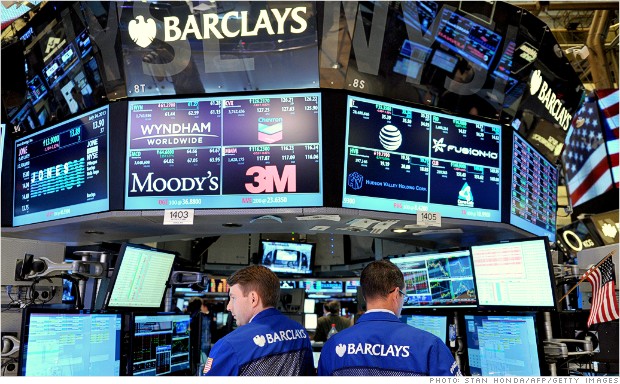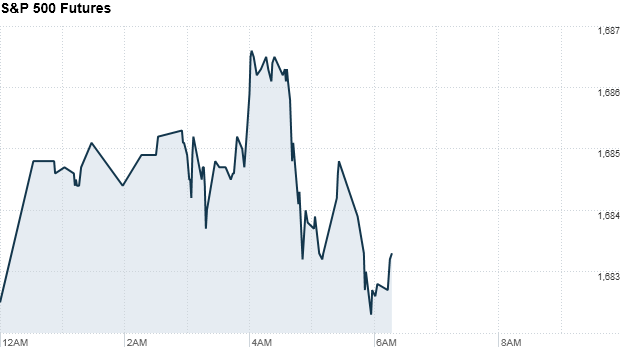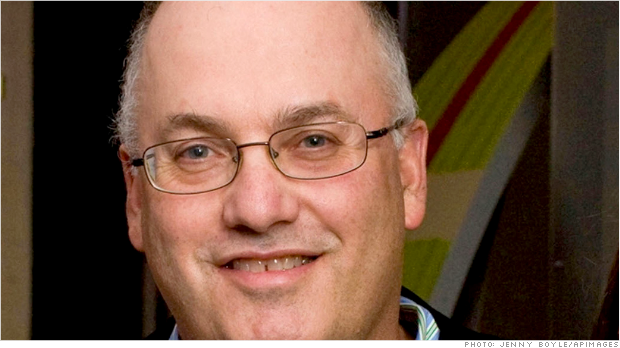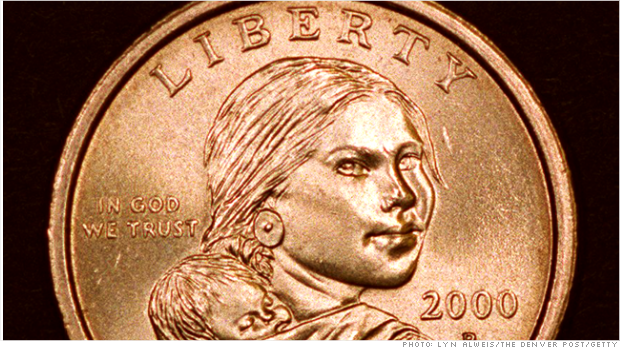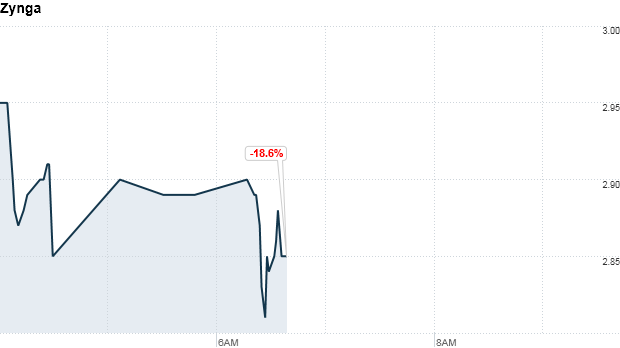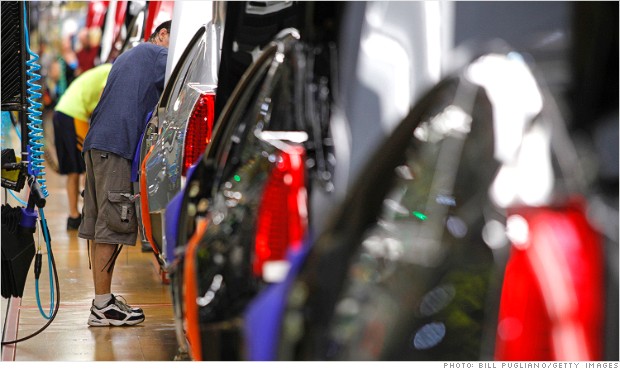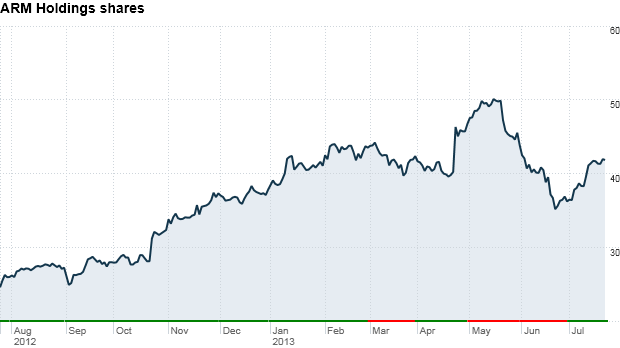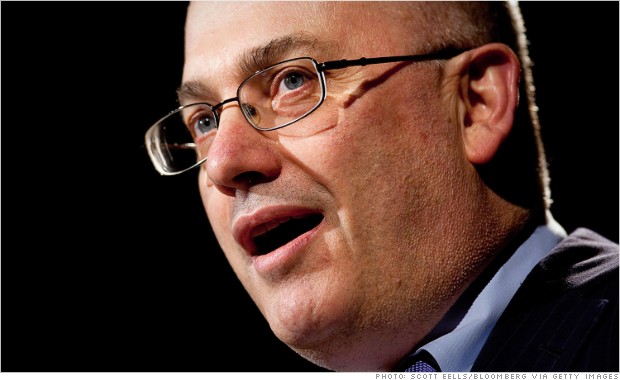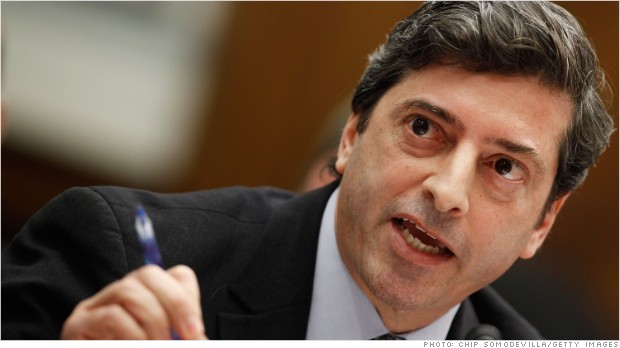NEW YORK (CNNMoney)
The tax savings could amount to anywhere from 4% to 7% on everything from crayons to computers.
That savings could come in handy. Economic uncertainty, unemployment and a recent surge in gas prices are forcing parents to focus on necessities this school year, says Matthew Shay, chief executive of the National Retail Federation. Still, families with school-aged children are expected to spend an average of $635 on apparel, shoes, supplies and electronics during this year's back-to-school shopping season, down from $688 last year, the industry trade group found.
Related: Watch out bullies, you're about to get fined
Before heading to the stores, shoppers in the states where these temporary breaks are being offered should research which items are tax exempt and the restrictions that apply, said Carol Kokinis-Graves, senior state tax analyst at CCH, a global provider of accounting and audit information.
In Florida, for example, clothing that costs less than $75 qualifies. But any item that costs more than that amount does not. Want a personal computer? You can get a tax break in Florida, but only if you opt for something that costs less than $750 -- not that MacBook Air you may have been eying.
If you gotta' have that top-end Mac, try Missouri or North Carolina; those two states are offering breaks on computers worth up to $3,500.
Every single one of the 17 states offering tax breaks include exemptions on clothing, but most of the states limit the exemption to items that cost less than $100. However, in Connecticut, clothes horses can spend up to $300 an item. In Louisiana and South Carolina, there is no limit.
Another big difference: In most states, the tax holiday lasts only for a couple of days, while in others it lasts a full week.
While these tax holidays sound like a shopper's dream, some groups don't think they are very effective.
Related: Are you paying the iTunes tax?
In a report released in July, the Tax Foundation found that the price limit imposed on items during sales tax holidays encourages consumers to purchase cheaper goods -- even if they would prefer a better quality item.
"If you raise a poster advertising 5% off, that's not going to get people through the doors," said Joseph Henchman, vice president for state projects at the Tax Foundation. "But if you raise a poster saying 'tax-free' that will get people through the doors." ![]()
States offering summertime sales-tax breaks
Alabama
August 2 - 4
Clothing worth $100 or less; computers and software worth less than $750; school supplies of $50 or less; and books priced at $30 or less.
Arkansas
August 3 - 4
Clothing worth $100 or less, school supplies.
Connecticut
August 18 - 24
Clothing and footwear worth $300 or less. Items that aren't exempt include athletic clothing or footwear, jewelry, handbags, luggage, umbrellas, wallets, watches or similar items.
Florida
August 2 - 4
Clothing worth $75 or less; school supplies of $15 or less per item; computers and accessories worth $750 or less. Exemption does not apply to sales made within theme parks, entertainment complexes or airports.
Georgia
August 9 - 10
Clothing and footwear worth $100 or less; personal computers worth less than $1,000; school supplies of $20 or less.
Iowa
August 2 - 3
Clothing and footwear worth $100 or less. Exemption does not include athletic clothing or footwear.
Louisiana
August 2 - 3
All items worth $2,500 or less are tax free, with the exemption of vehicles and meals. Does not apply to local taxes.
Maryland
August 11 - 17
Clothing and footwear worth $100 or less. Accessories not tax-exempt.
Mississippi
July 26 - 27
Clothing and footwear worth $100 or less.
Missouri
August 2 - 4
Clothing worth $100 or less, computers worth $3,500 or less, software worth $350 or less, and school supplies worth $50 or less per item.
New Mexico
August 2 - 4
Clothing and footwear worth $100 or less, personal computers worth less than $1,000, computer accessories worth $500 or less, book bags, backpacks, maps and globes worth $100 or less and calculators worth $200 or less.
North Carolina
August 2 - 4
Clothing worth $100 or less, computers worth $3,500 or less, computer supplies worth $250 or less, school supplies worth $100 or less. Does not apply to accessories, furniture luggage, DVD players, stereos, educational software and luggage.
Oklahoma
August 2 - 4
Clothing and footwear worth $100 or less. Does not apply to athletic clothing or footwear or accessories.
South Carolina
August 2 - 4
Clothing, accessories, footwear, school supplies, computers, printers, software, linens, towels and rugs.
Tennessee
August 2 - 4
Clothing and school supplies worth $100 or less; computers worth less than $1,500.
Texas
August 9 - 11
Clothing and footwear worth $100 or less, backpacks worth $100 or less.
Virginia
August 2 - 4
Clothing and footwear worth $100 or less, school supplies of $20 or less.
First Published: August 1, 2013
First Published: July 31, 2013: 6:03 AM ET


